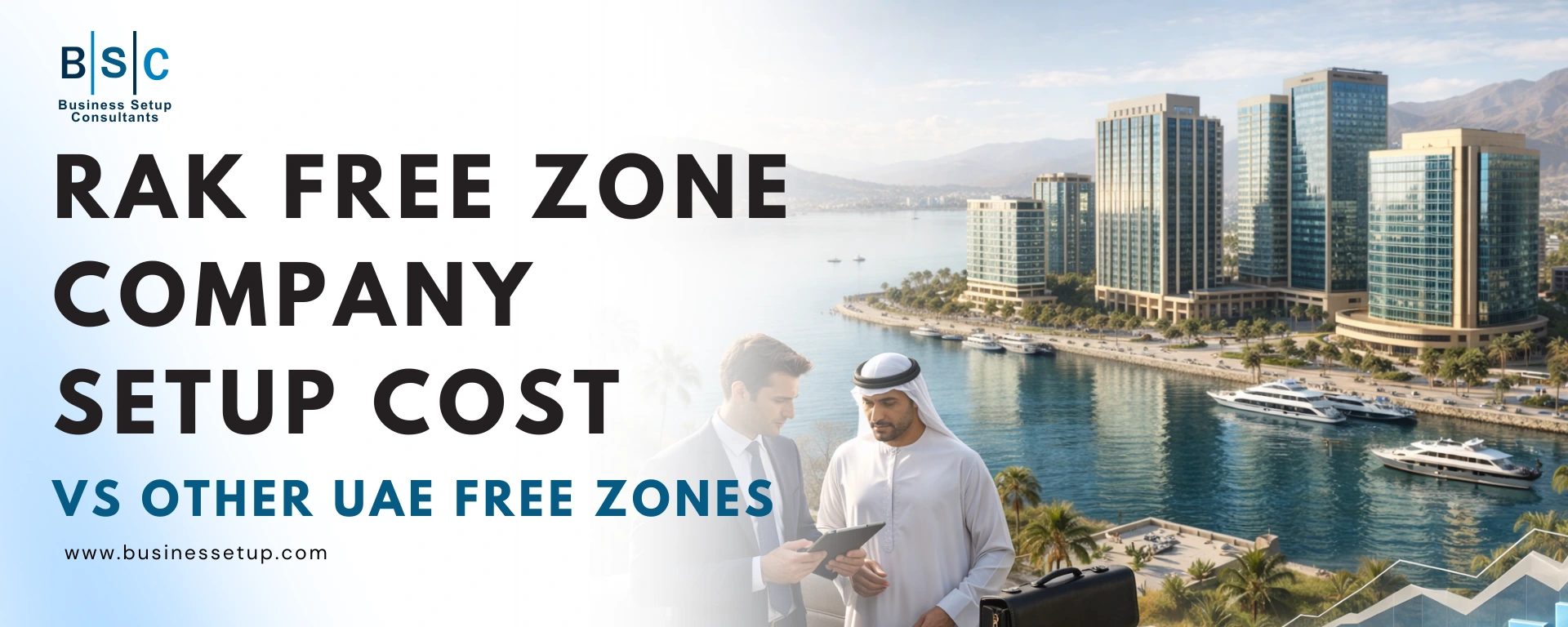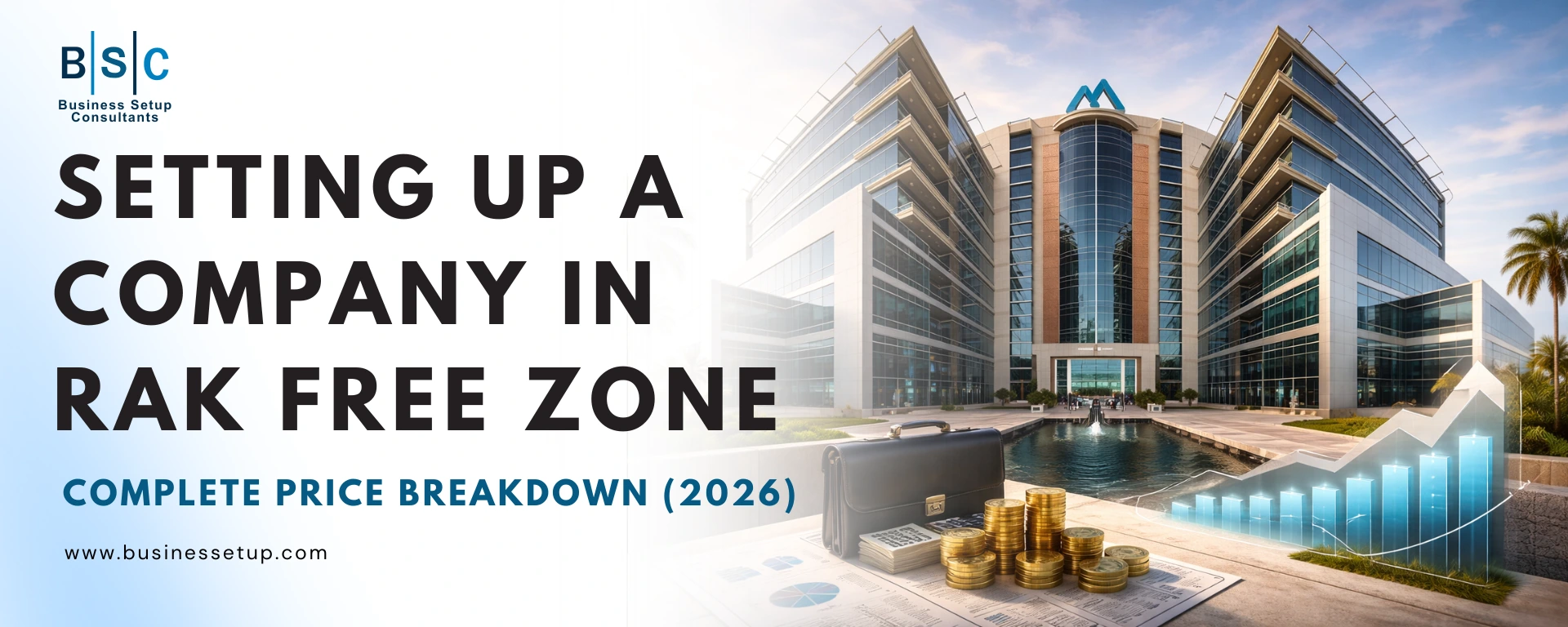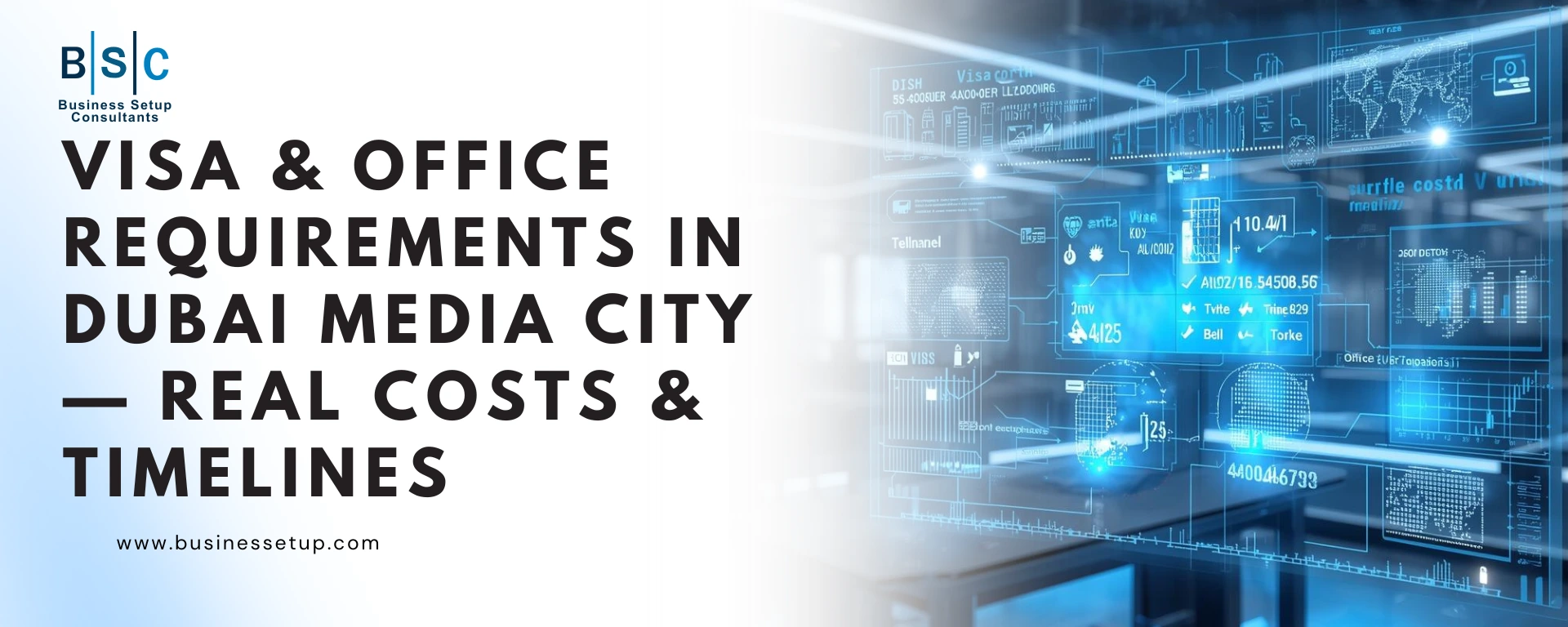
Will Taxes in the UAE be Implemented?
The United Arab Emirates (UAE) has undergone significant changes in its tax landscape, introducing Value-Added Tax (VAT) and other tax reforms. The UAE’s decision to implement VAT in 2018 marked a pivotal shift in the country’s taxation system, aligning it with international practices and bolstering its economic diversification efforts.
As the UAE continues to evolve its tax system, it is imperative for businesses and individuals to have a comprehensive understanding of the prevailing tax laws and regulations. Failing to comply with these laws can result in significant penalties and legal consequences, potentially hampering business operations and financial stability.
Will Taxes in the UAE be Implemented?
The big question of whether or not taxes will ever be implemented in the UAE will soon be answered. The question now is ‘when’ and not ‘if’ anymore!
As per latest reports, the UAE will start implementing a value added tax (VAT) rate of five percent from January 1 2018; however, corporate and income taxes are not under consideration for the time being.
The UAE’s current tax structure
- A corporate income tax of 20 per cent levied on foreign banks in Dubai
- A local municipal property tax of 5 percent of the rental value
- A 10 percent local hotel tax on hotel services
- The GCC’s common external tariff (a general rate of 5 percent, 50 percent on alcohol and 100 percent on tobacco) applied locally
- Select fees on government services (applied by the federal and Dubai governments)
What is VAT, how much may be imposed and when?
VAT is a type of consumption tax that the customer pays while purchasing a product.
The rate of this Dubai tax (VAT) rate is likely to be a low rate of 5 percent, in line with the recommendation of the International Monetary Fund (IMF). The IMF has been advising experts on the need to introduce tax in UAE and other GCC countries to strengthen their revenue base in the wake of fluctuating global oil prices.
Will the introduction of VAT escalate the cost of living and doing business in the UAE ?
The good news is that the impact of such a low rate of five percent Dubai tax on corporates and end users may not be huge, quite negligible and only be compliance-related, experts say.
However, businesses will have to take the cash-flow impact of this tax in UAE into their day to day activities – something that those involved in projects with tight margins should consider carefully. The ones that will generally bear the cost are likely to be individuals as businesses may lessen the impact by including some of the tax in Dubai VAT charge into their profit margins.
Impacts of VAT and Tax Implementation on Businesses in the UAE
The introduction of Value Added Tax (VAT) in the UAE on January 1st, 2018, marked a turning point for businesses in the region. While often referred to as “tax implementation,” VAT is a specific type of indirect tax levied on the consumption of goods and services. Let’s delve into the multifaceted impact of VAT and broader tax implementation on UAE businesses:
Compliance Challenges:
- Registration Requirements: Businesses exceeding a specific annual turnover threshold are obligated to register for VAT. This process involves familiarization with regulations, collecting necessary documents, and potentially seeking professional assistance.
- Record-Keeping Revolution: Businesses must maintain detailed records of all transactions, including VAT amounts paid and received. This can necessitate upgrading accounting software or implementing new bookkeeping procedures.
- Filing Finesse: Regular VAT return filing need to be submitted to the Federal Tax Authority, requiring accurate vat calculation and adherence to deadline. Penalties can be imposed for non-compliance.
Operational Shifts:
- Cost Considerations: VAT implementation often leads to additional costs for businesses. These include investments in software upgrades, staff training on VAT regulations, and potentially seeking professional guidance for compliance.
- Cash Flow Management: Businesses collect VAT from customers but ultimately pay it to the government. This can temporarily impact cash flow, especially for businesses with low profit margins.
- Pricing Strategy: Businesses have the option to absorb the VAT cost or pass it on to customers by adjusting prices. Deciding on the pricing strategy requires careful consideration of market competition and customer sensitivity.
Opportunities and Advantages:
- Input Tax Credit Mechanism: Businesses can claim back VAT paid on eligible business expenses, such as purchases from registered suppliers. This can potentially reduce overall tax liability.
- Enhanced Transparency: Implementing VAT often leads to more robust accounting practices and improved record-keeping. This can benefit businesses in the long run.
- Level Playing Field: VAT creates a fairer playing field for businesses operating in the UAE, especially when compared to those offering similar goods and services from countries with existing VAT systems.
Navigating the Tax Landscape:
- Seek Professional Guidance: Tax advisors can provide valuable assistance with VAT registration, compliance procedures, and optimization of input tax credits.
- Stay Updated: Regularly checking the Federal Tax Authority website ensures businesses remain informed about any changes or updates to VAT regulations.
- Invest in Automation: Utilizing accounting software with VAT functionalities can streamline compliance processes and minimize errors.
UAE VAT Law
The Value Added Tax (VAT) Law in the UAE has been in effect since 1st January, 2018. It plays a significant role in government revenue generation and impacts businesses operating in the country. Here’s a breakdown of the key points regarding the updated UAE VAT Law:
VAT Rate:
- The standard VAT rate in the UAE remains at 5%.
VAT UAE Registration:
- Businesses with a taxable supply and import exceeding AED 375,000 in the past 12 months are mandatory to register for VAT.
- Voluntary registration is available for businesses with a taxable supply and import below AED 375,000 but exceeding AED 187,500.
VAT Applicability:
- VAT is generally applied to the supply of most goods and services within the UAE.
- Certain goods and services are subject to a zero rated VAT, meaning no VAT is charged. This includes exports of goods and services, international transportation, some educational and healthcare services, and newly constructed residential properties within three years of their construction.
- Some goods and services are considered exempt from VAT, meaning they are not included in the VAT system.
Key Updates (as of October 2022):
- The definition of several terms like “Relevant Charitable Activity,” “Pure Hydrocarbons,” “Tax Evasion,” and “Tax Audit” were clarified in the updated VAT Decree-Law.
- A statute of limitation was introduced, specifying the timeframe for tax authorities to conduct audits (generally within 5 years from the end of the tax period).
- Additional compliance requirements were introduced for input tax credit claims on imported services.
- Businesses supplying goods free of charge (FOC) to related parties may not be subject to VAT if the recipient is entitled to recover 100% input credit on its purchases.
Sources:
Federal Tax Authority (UAE): https://mof.gov.ae/
UAE VAT Decree-Law Amendment (Oct 2022): (https://www.pwc.com/m1/en/tax/documents/2017/uae-vat-central-banks-notice-no-421-2017-to-clarify-vat-application.pdf)
Is personal income tax on the table too?
It seems like personal tax is not on the Dubai tax agenda at the moment at least, as the introduction of VAT should keep income tax concerns at bay. Plus, it is unlikely that tax in UAE would see VAT and corporate tax introduced simultaneously in the country – as it would pose a major challenge given that the UAE has had no pre-existing taxpayer database.








